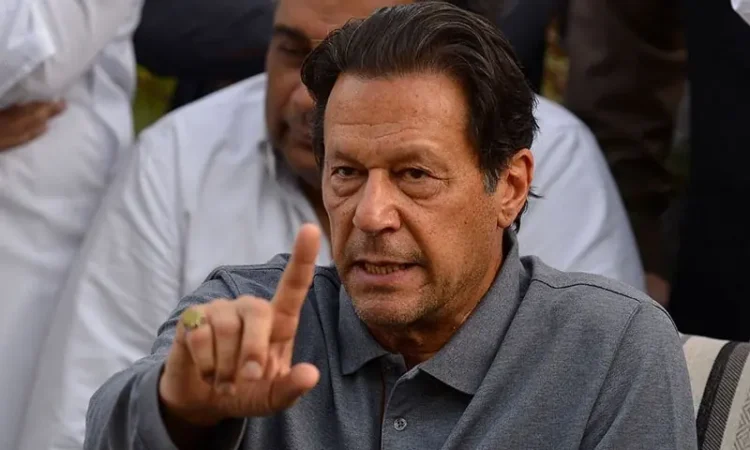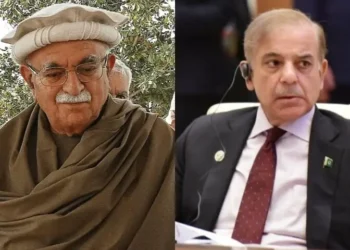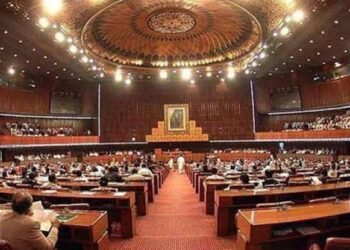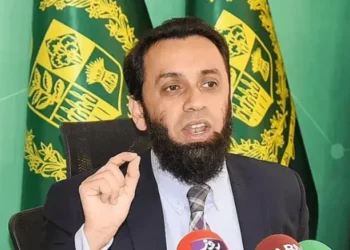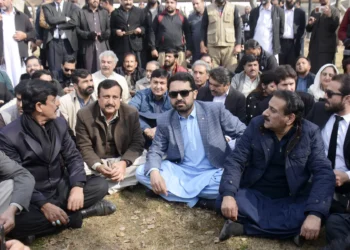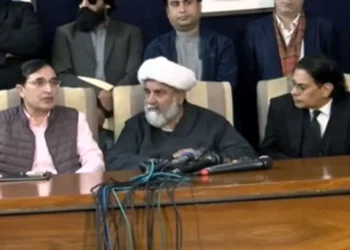ISLAMABAD; Pakistan Tehreek-e-Insaf (PTI) has called on former CIA officer John Kiriakou to issue a public apology for making what it described as “false and baseless statements” about party founder Imran Khan, warning that it may pursue legal action in U.S. courts if he fails to retract his remarks.
In a statement issued by PTI’s Central Media Department on Sunday, the party said Kiriakou’s recent interview contained “absurd, fabricated, and unsupported claims” concerning Imran Khan, the diplomatic cipher, and the U.S. ambassador, without any credible evidence or documentation.
“The PTI strongly condemns these false assertions,” the statement read, adding that Kiriakou’s past comments themselves reveal contradictions and inconsistencies.
The party clarified that Pakistan’s then-ambassador to the United States, Asad Majeed, had officially communicated the details of his meeting with U.S. Assistant Secretary of State Donald Lu to the Foreign Office through a diplomatic cipher.
In 2022, the statement continued, former prime minister Imran Khan presented the cipher’s contents before the National Security Committee, Parliament, and the Federal Cabinet. State institutions subsequently acknowledged the issue, and Pakistan lodged an official protest (demarche) with the U.S. Embassy in Islamabad.
The party emphasized that Khan had raised the matter as one of national sovereignty and foreign interference—not for personal or political benefit.
Refuting another claim made by Kiriakou, the PTI clarified that Jemima Khan had not visited Pakistan for many years and had never approached the government regarding Imran Khan’s imprisonment, describing the statement as “completely false and based on misinformation.”
The statement further alleged that Kiriakou’s recent interviews seemed to be “influenced by political lobbies and foreign interests,” noting that his remarks were “frequently highlighted by Indian media,” exposing his bias.
Reiterating Imran Khan’s stance on the cipher controversy, the PTI said it reflected a legitimate defense of Pakistan’s sovereignty and resistance against external interference, a responsibility incumbent upon any national leader.




















































